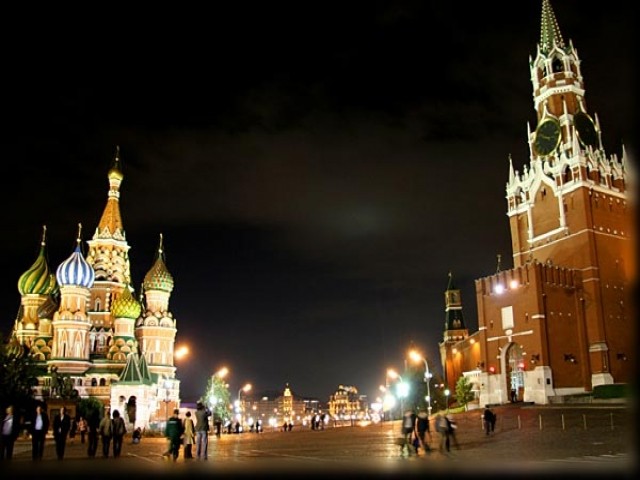Russian wealth lives abroad while inequality grows faster since 1990

The wealth held offshore by wealthy Russians was equivalent to 75 percent of the country’s national income by 2015, a new study by the National Bureau of Economic Research (NBER) claims.
The NBER study, authored by prominent economists including Thomas Piketty, maps the distribution of income and wealth in Russia since the fall of the Soviet Union.
The authors said capital flight had increased since 1990, reaching about 75 percent of national income by 2015, or the equivalent of the total financial assets of Russian households.
The paper underlines that the top 1% of Russians now hold up to 25 percent of the country’s wealth, a function of capital flight that has accelerated in recent years.
“There is as much financial wealth held by rich Russians abroad — in the United Kingdom, Switzerland, Cyprus, and similar offshore centers — than held by the entire Russian population in Russia itself,” the report says.
The concentration of income for the top 1 percent of Russians is now comparable to similar levels in the United States, the report says, and well above France.
According to numbers from Russia’s federal statistics agency Rosstat, Russia’s GDP in 2016 was 83.7 trillion rubles. By NBER’s estimates, that means roughly 62.7 trillion rubles is being held offshore, RBC reports.
After the turbulent 1990s, which included the crash of the Russian ruble in 1998, the country's economy stabilized in the early 2000s and then accelerated largely by high global oil prices. Since the global recession in 2008, however, Russia's economy has seen more modest growth, hobbled by low oil prices, as well as Western economic sanctions imposed following Moscow's annexation of Ukraine's Crimean Peninsula in 2014. Gross domestic product is running at a meager 0.5 percent this year and is forecast to grow 1.4 percent in 2017 and 2018. Official inflation is around 4.4 percent. this year.
The report argues that the “dramatic failure of Soviet communism and egalitarian ideology” in part paved the way for Russian willingness to tolerate high income inequality and the concentration of private wealth in the hands of a relative few.
“The number of Russian billionaires—as registered in international rankings such as the Forbes list—is extremely high by international standards”, the report says.
The bureau, also known as NBER, is a private U.S. research group known as the official arbiter of U.S. economic cycles, expansions and recessions, as well as being home to many award-winning economists and researchers.

